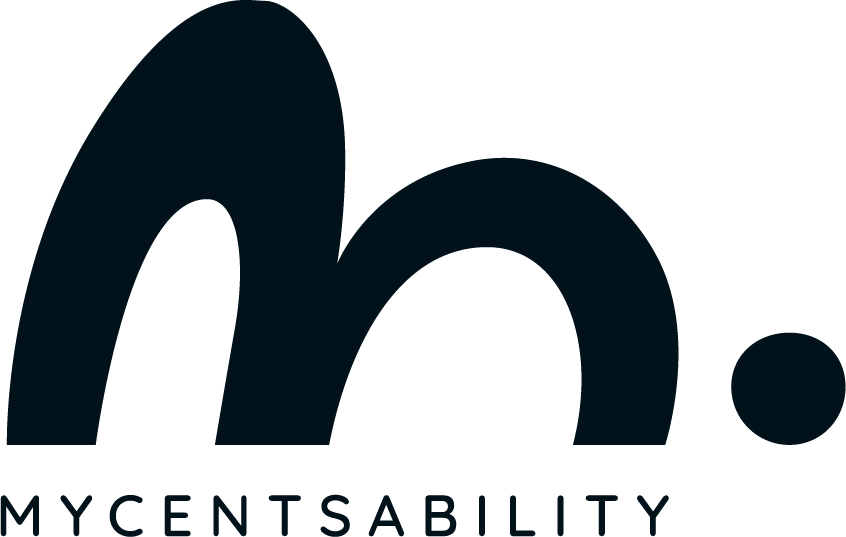Responsibilities and Expectations
When you are working with a financial advisor, it is important for everyone to remember that this is a professional relationship. That means your advisor has specific responsibilities – things they are required to do – and expectations they must meet. It also means you have responsibilities as the client – things you will be expected to do to help the relationship succeed.
Your financial advisor’s responsibilities might be associated with legal requirements or requirements of their licenses or designations. Some advisors join associations or other organizations that have codes of ethics or conduct they must follow. Often, your advisor must not only fulfill all their responsibilities, but also be prepared to show they are meeting them, which means documenting what they are doing.
Here are some of the typical responsibilities an advisor may have. Note that not every advisor will have these responsibilities, but this is a good summary of what is true of many advisors.
Proficiency – This means remaining educated and capable of doing their job.
Knowing their products – This means knowing products sufficiently to perform their specific role.
Knowing you as their client – This means everything from confirming your identity to gathering the information they need about you to provide suitable advice or recommendations.
Documentation – This means maintaining accurate records of the interactions, conversations and meetings they have with you, the advice they provide you and the work they complete.
Trustworthiness and integrity – This means not merely having you trust them but being worthy of your trust by acting honestly and transparently at all times.
We talked about clients having responsibilities in this relationship as well. Here are some of the things that will be required of you.
Honesty and openness – You will need to share relevant, accurate, thorough and timely information with your advisor. This is so that they can provide their best advice and recommendations, based on the full picture of your circumstances.
Responsiveness – You will need to respond to requests for information or to have periodic conversations or meetings with your advisor. Often, when your advisor is making a request, it is actually related to an activity that is required for them as part of their obligations.
Documentation – Like your advisor, you should maintain accurate records of your interactions and their advice.
Lastly, you will share some mutual expectations with your advisor – things that both of you will be responsible for to create a great relationship.
Engagement and participation – Both you as the client and your advisor should expect that the other person is engaged and participating in the work being done. Remember – your advisor should not be more invested in meeting your goals than you are.
Communication – You should expect regular communication from your advisor and your advisor should expect you to communicate with them on a regular basis as well regarding any changes in your circumstances.
The success of the relationship you forge with your financial advisor will be directly related to the fulfillment of all these responsibilities and expectations. When every person involved is doing what is required of them and understanding the important role they play, you will find that the relationship thrives.

